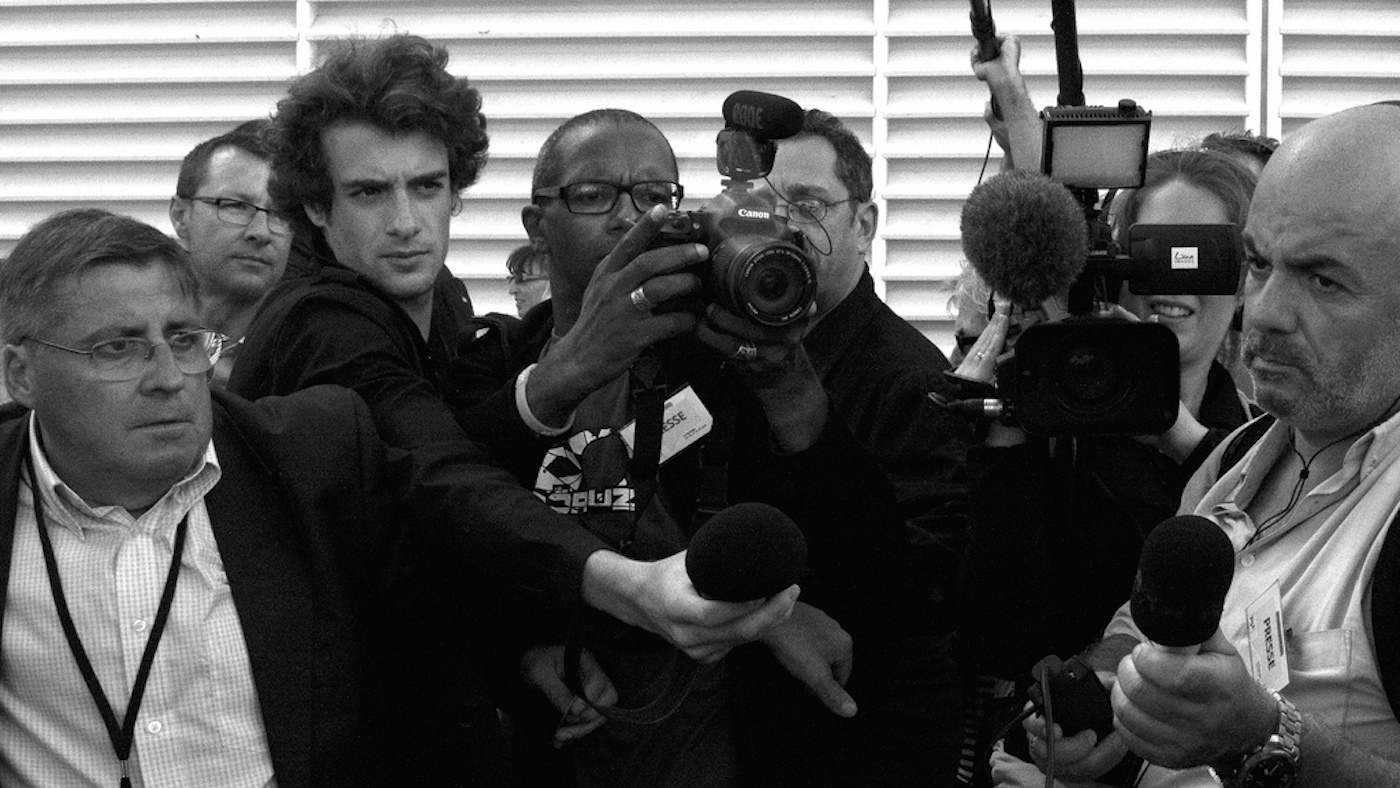
In a memo to the journalism school community, Dean Edward Wasserman gave a number of reasons for the decision. He cites costs and the distance between the Mission District in San Francisco and the school’s base on the Berkeley campus. Wasserman’s third reason, however, was particularly disheartening.
Third, the natural evolution of the site itself is toward being an integrated media operation, and that requires sustained attention to marketing, audience-building, ad sales, miscellaneous revenue-generation, community outreach, special events, partnerships, and 1,001 other publishing activities that are essential to any site’s commercial success.
That’s not really what we do. Those are specialized areas, and the J-School doesn’t have the instructional capacity to teach them to a Berkeley standard of excellence. What’s more, our students wouldn’t have the curricular bandwidth to learn them—not unless we pared back other areas, and redefined our core mission as something other than journalism education.
I have a dog in this fight, as one of the founders of Berkeleyside, an independent, local news site in Berkeley. Our ability to report the news remains at the core of what we do, but without awareness, adaptability, and a modicum of skill in those “specialized areas,” we would have sunk without a trace very quickly. The same equation is true for anyone working at the many new ventures in journalism, even when they are vastly better capitalized than Berkeleyside, whether it’s Walt Mossberg and Kara Swisher at Recode, Ezra Klein at Project X, or Sarah Lacy at Pando.
What was so encouraging about Mission Local and its equivalents was that they gave j-school students a much better approximation of the real world of journalism today than internships in big newsrooms. It’s a crazy scramble with scarce resources, juggling traditional reporting, video, and social media with hands-on engagement, building community and partnerships, figuring out the place of events, understanding the need for revenue, and so much more.
I don’t expect every j-school graduate to create their own news operation, but I hope some of them eventually do. I’m certain, as well, that the majority of them will need to be familiar with those 1,001 other tasks if they are to thrive in the media world that is being formed today.
The alternative, suggested by “That’s not really what we do,” is to rely on graduates schooled in business or technology to forge the new models that journalism needs. Let the Tim Armstrongs of the world figure it out. I’d rather see the journalists take the lead.
Lance Knobel is a founder of Berkeleyside, the independent local news site for Berkeley, CA, and curator of the Berkeleyside-run Uncharted: The Berkeley Festival of Ideas.
Photo of gathered reporters by Philippe Moreau Chevrolet used under a Creative Commons license.